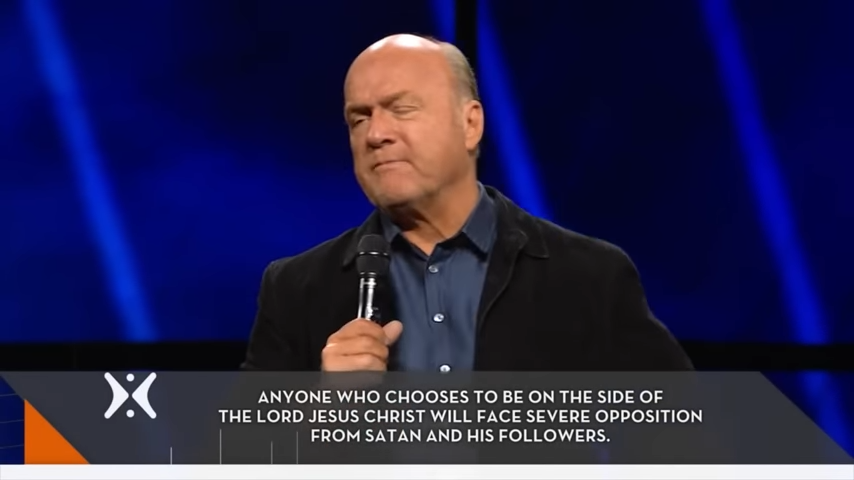Key Insights
- 💬 “But then when we think of the military and we think of those who are in law enforcement, is that a contradiction to what the Bible is actually teaching and what does Jesus mean when he tells us to turn the other cheek and go the extra mile?”
- 🤔 The question arises about whether society can justify having military and police while adhering to the teachings of Jesus, as Tolstoy argued against the human institution of courts and returning evil for evil.
- 📜 “The Bible even uses a soldier as a model of what a Christian ought to be.”
- 🏰 God uses the idea of the military to illustrate how Christians should follow Jesus, enduring suffering as good soldiers of Jesus Christ.
- 💪 It is acceptable for a Christian to defend themselves and exercise their rights, as even the Apostle Paul did when falsely charged and beaten.
Love, Forgiveness, and Dealing with Enemies
- 💔 “Leave your gift there before the altar and go your way and first be reconciled to your brother and then come and offer your gift.”
- 💔 The Bible emphasizes the importance of a change of heart, where external reasons for anger are not enough, and a deeper transformation is needed to overcome hatred.
- 😇 “But I say unto you love your enemies, bless those that curse you, do good to those who hate you and pray for those who spitefully use you and persecute you.”
- 🌟 As followers of Jesus, it is important to understand that having enemies is inevitable, as darkness opposes light, but we should strive to win them over through love and the message of the gospel.
- 😇 Jesus practiced what he preached, turning the other cheek, going the extra mile, and loving his enemies, setting a radical example for us to follow.
The Sermon on the Mount and Christian Living
- 🌍 The Sermon on the Mount is the official manifesto of Jesus Christ, revealing his worldview and how he feels about life and living in general.
- 💔 The teachings of the Sermon on the Mount are harder to keep than the Ten Commandments because they deal with the heart, not just external actions.
- 💔 Jesus challenged the self-righteousness of the scribes and Pharisees, emphasizing the need for genuine righteousness through faith in Him.
- 💪 The Sermon on the Mount challenges Christians to go beyond the bare minimum and be radical, sold-out followers of Jesus Christ.
Summary
The key idea of the video is that while Christians should strive to live by Jesus’ teachings of turning the other cheek and loving enemies, self-defense and the existence of military and police are justified within a biblical context.
- 📚 The video explores the biblical perspective on self-defense and retaliation, examining how it relates to Jesus’ teachings on turning the other cheek and whether Christians should be pacifists.
- 📜 Jesus gave weighty statements to his followers, not to the masses, focusing on sacrifice and deeper commitment, teaching that he came to fulfill the law and requiring believers to exceed the righteousness of the scribes and Pharisees.
- 📜 Jesus teaches that true righteousness comes from faith in him, not self-righteous works, and emphasizes the importance of addressing the desires of the heart to avoid sin.
- 📖 Jesus warns against anger and encourages a change of heart, emphasizing the importance of not letting it consume us, while also teaching that looking at someone with lust is equivalent to committing adultery.
- 📚 Guard your thoughts and actions to avoid lustful temptations, take drastic measures to prevent sin, and use filters or disconnect from the internet to combat pornography addiction.
- 📚 Christians should strive to live by the teachings of Jesus, including turning the other cheek and loving enemies, but self-defense and the existence of military and police are justified within biblical context.
- 📖 Christians are allowed to defend themselves and exercise their rights, but Jesus advises turning the other cheek and influencing others with the gospel, as the Bible does not teach pacifism and Jesus himself administered justice and told his disciples to carry swords for self-defense.
- 📜 Jesus teaches not to retaliate, but to love and bless our enemies, following the examples of biblical figures, and we should seek God’s help to live by these principles and ask for forgiveness when we fail to do so, ultimately committing to Christianity.


